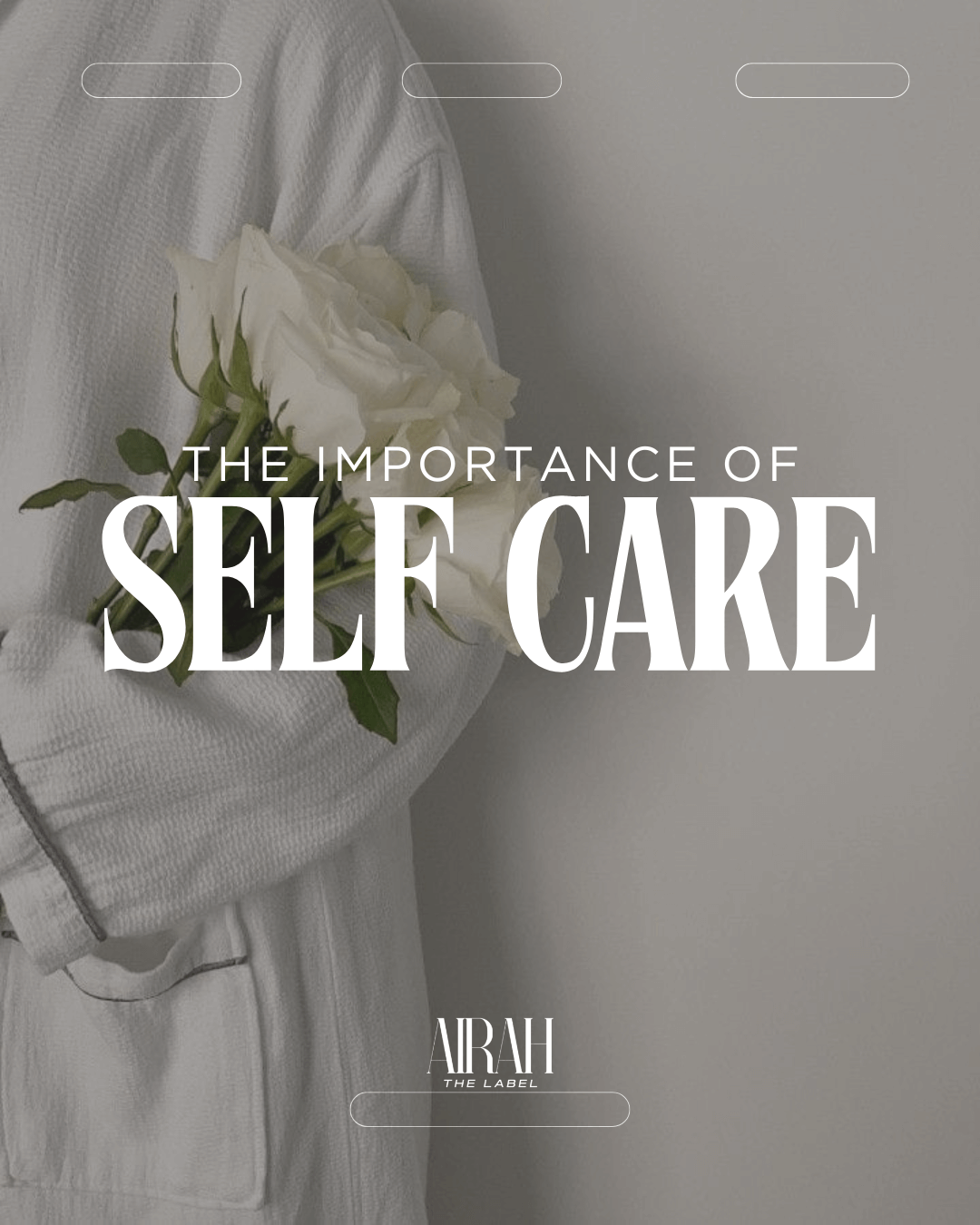When people hear the word self-care, they often link it with skincare, shopping, or a good hair care routine. Self-care, on the other hand, is an umbrella term that means the deliberate acts we do to look after our emotional, physical, and mental health. taking care of your needs—both internal and external—to stay resilient and healthy.
Why is self-care so important?
Self-care is like a calming song that keeps us in tune amidst the chaotic rhythm of our lives. It is a kind reminder to slow down in the middle of the chaos, to eat properly, to exercise with happiness, and to give our bodies the time and space they require to recover. Self-care sends an indirect signal to ourselves that we are important and deserving of attention. When you’re healthy and resilient, then you’re better able to care for others as well!
The first step in making self-care a priority is to rethink what you think about it and accept its importance. Taking care of oneself is not a sign of weakness; rather, it is a basic human need. On the other hand, self-care increases our level of availability and empathy. When we’re not fatigued, sleep-deprived, or overwhelmed, we have more to give. This is a daily regulation, not an occasional luxury.
Break the norms of burnout!
We overlook self-care because our cultural norms glorify self-sacrifice. We celebrate the mothers who never take a break and promote workers who put in more than 80 hours a week. When we feel like we need something different, this mindset that people who self-sacrifice are the only winners is not only toxic but also forces us to feel a lot of shame, which leads us to label ourselves as “lazy, self-centered, and weak.”
So, how do we really practice self-care?
- Take up hobbies you love to do, like yoga, dancing, jogging, or just going for walks.
- Eat well-balanced meals full of whole grains, lean meats, and veggies to fuel your body.
- Aim for 7-9 hours of quality sleep per night to allow your body to recover and recharge.
- To lower stress, consider including deep breathing exercises or mindfulness meditation in your regular routine.
- Writing down your thoughts, feelings, and reflections can help you process your emotions and get closure.
- Prioritize the things that make you happy and learn to say no to tasks that overwhelm you.
- Take time to read a good book or learn about subjects that spark your interests.
- Replace self-criticism with self-love and daily affirmations that uplift and motivate you.
